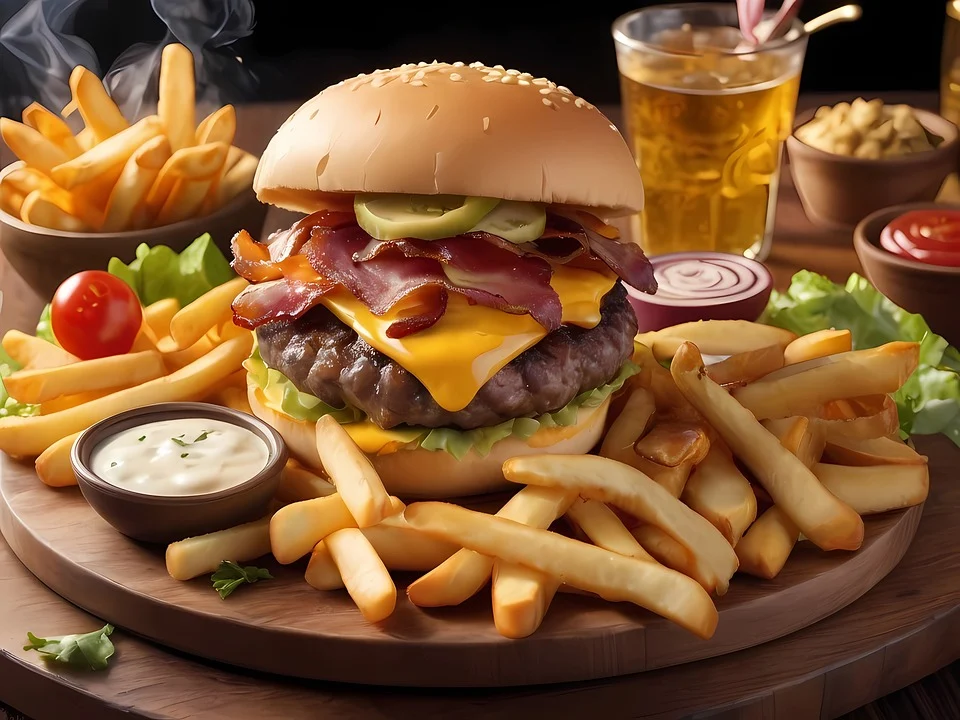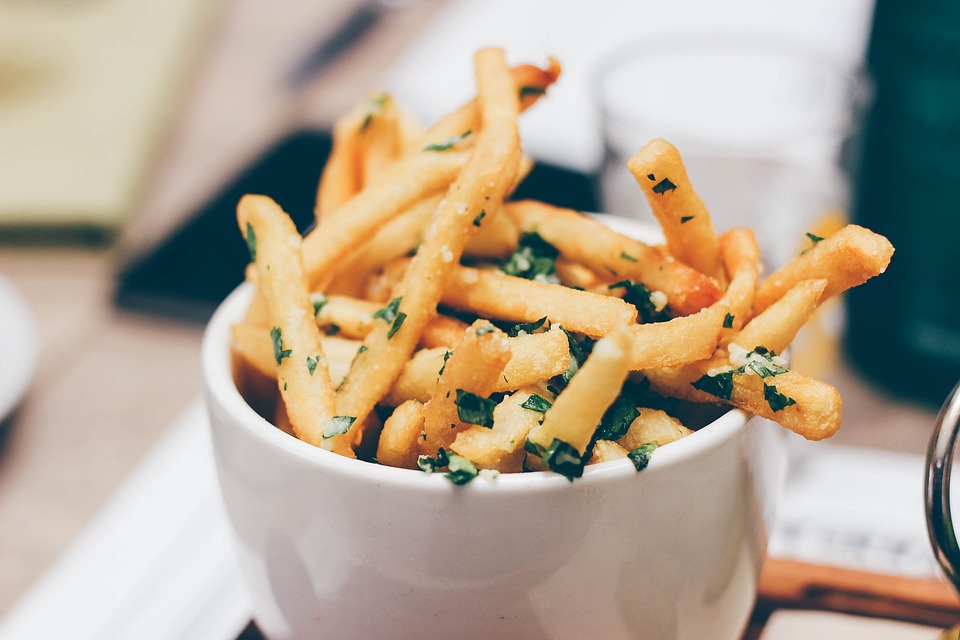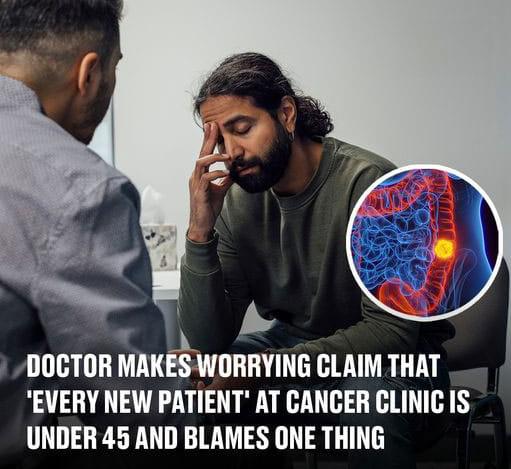In recent years, there has been a worrying increase in cancer diagnoses among young adults, particularly those under the age of 45. While cancer has traditionally been associated with older individuals, emerging evidence suggests that lifestyle choices, particularly diet, are playing a significant role in this trend.
One major culprit that has come under scrutiny is the consumption of junk food and processed meats, which are now linked to a higher risk of developing cancer at a younger age. Dr. Nicholas DeVito, an oncologist from Duke University, has been at the forefront of this research, shedding light on the dangers that these dietary habits pose.

Dr. DeVito’s observations and research point to a concerning rise in gastrointestinal cancers among those under 50. He specifically noted that cancers of the stomach and bile ducts are becoming more common with each generation. The data suggests that nearly 75% of Americans are eating diets loaded with processed foods, which is likely contributing to these increased cancer rates.
The link between processed foods and cancer is sparking debate about the need for better regulation in the food industry. In the United States, many additives are used in food products even before they are fully proven safe. This approach is much more lenient compared to the European Union, where food ingredients must be proven safe before they can be sold.

Adding to the problem is the way fast food is marketed. Advertisements often depict fast food as part of a healthy, social lifestyle, ignoring the serious health risks associated with consuming such foods. Junk food has become ingrained in American culture, much like baseball and the Fourth of July. However, the influence of powerful lobbyists who push for a positive image of junk food has made it difficult to address the real dangers it poses.
Doctors recommend cutting back on processed foods high in salt, sugar, and saturated fats. These include common items like biscuits, cakes, pastries, fries, sodas, and fast food like burgers and pizzas. While cancer was once mostly associated with older adults, there is now a worrying trend of younger people being diagnosed with the disease.
Ultra-processed foods—those that are pre-packaged, heavily processed, and loaded with artificial ingredients—are especially problematic. They are often high in sugar, fat, and salt, with little to no nutritional value. A recent study found that ultra-processed foods make up about 73% of the American food supply, and more than 60% of the average American’s daily calorie intake comes from these foods.

Experts advise that junk food should be eaten sparingly, if at all. Research shows that even a 10% increase in the consumption of ultra-processed foods can raise the risk of developing certain cancers by 23%. Processed meats, in particular, have been classified as carcinogenic by the World Health Organization, and eating these meats daily can increase the risk of bowel cancer by 40%.
The higher cancer risk associated with processed meats is largely due to nitrates, which can combine with chemicals in the body to cause cellular damage. To reduce your cancer risk, it’s wise to limit your intake of processed meats and junk food as much as possible. There are plenty of tasty, healthier alternatives to explore that can help you maintain a balanced diet while lowering your cancer risk.
